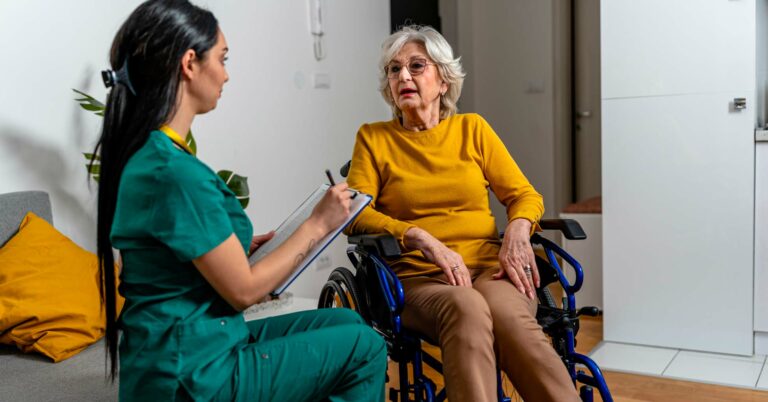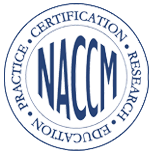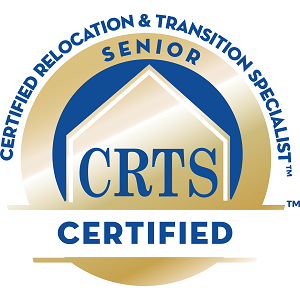Recognizing the Signs and Symptoms of Alzheimer’s Disease
Alzheimer’s disease is one of the most frequent, yet mysterious, diseases across the globe. It is the most common form of dementia in people over the age of 60 and slowly deteriorates the brain by losing memory and thinking skills. Sometimes, it starts 5,10, or 20 years before symptoms appear.
Although new breakthroughs in treatment have been recently approved, there are still many questions regarding the disease and proper treatment. Meanwhile, approximately 5.7 million Americans currently have Alzheimer’s disease. This is projected to triple by 2050. It is one of the top 10 leading causes of death in Americans, yet the only one without a known cure.
Since it is very prevalent in seniors over the age of 65, we recommend keeping an eye out for the common signs and symptoms of Alzheimer’s. If you can detect it early, there are often some practices you can implement to slow the rate of onset dementia and Alzheimer’s disease.
Here are ways to recognize the signs and symptoms of Alzheimer’s Disease:
Mild Alzheimer’s Disease
In the cases of mild Alzheimer’s Disease, the patient may seem healthy, but has trouble remembering recent events or tasks and may often feel confused by the world around them.
The realization usually comes from themselves or a close family member. This is generally when Alzheimer’s is diagnosed.
At this stage, patients who live alone or with a spouse may need a level of extra care from family and friends. Usually, patients at the early levels of this stage can still take care of themselves, but may begin to lose abilities as it progresses.
Symptoms may include:
- Memory loss
- Poor judgement
- Loss of initiative and spontaneity
- Taking longer to complete daily tasks
- Repeating questions
- Trouble handling money or paying their bills
- Wandering or getting lost frequently
- Misplacing items
- Mood fluctuations and personality changes
- Increased anxiety or aggressive behaviors
Moderate Alzheimer’s Disease
At this stage of moderate Alzheimer’s disease, it may be necessary to practice frequent supervision and care with the affected person.
This may be difficult for some families, especially the spouse of the patient. In-home care is recommended at this time for families facing difficulty taking care of their loved one on their own.
Symptoms at this stage may include:
- Increased memory loss and confusion
- Difficulty or inability to learn new things
- Problems with reading, writing, language, and numbers
- Difficulty speaking clearly or organizing thoughts
- Short attention span
- Coping problems
- Difficulty getting dressed and other multi-step tasks
- Angry outbursts
- Anxiety and wandering, especially in the late afternoon or evening
- Repetitive movements, sometimes twitches
This stage may produce a level of fear, sadness, and confusion for both the family and the patient. It’s important to recognize the signs and listen to a doctor’s recommended advice about introducing home care.
Home health care for geriatric patients can be a pleasant transition for both the families and the elderly loved one. At Reflections Management and Care, we provide safe home health care that will help relieve frustrations and tensions around Alzheimer’s disease at this moderate stage.
Severe Alzheimer’s Disease
When Alzheimer’s Disease has reached this level of severity, patients often have trouble communicating and are usually completely dependent on others for their daily care. This is the stage at which Alzheimer’s disease is fatal, and toward the end, the patient may be completely bed-ridden and uncommunicative.
Often the cause of death in Alzheimer’s patients at the severe stage is aspiration pneumonia, which occurs when fluids from food or water continually get into the lungs due to the inability to swallow correctly. This causes an infection in the lungs.
Symptoms at this stage include:
- Weight loss
- Seizures
- Skin infections
- Difficulty swallowing
- Increased sleeping
- Loss of bowel and bladder control
- Inability to communicate
Although there is currently no cure for Alzheimer’s Disease, the research community is hopeful that within the next 10 years, we will be much closer to preventing and controlling this deadly disease.
There are currently several very important medical trials being conducted and research has been making major strides. In June 2021, the FDA approved a new treatment for Alzheimer’s disease that could produce a “meaningful therapeutic benefit over existing treatments.” This will be the first novel therapy approved for Alzheimer’s disease since 2003.
If you believe that your elderly loved one is suffering from Alzheimer’s disease and you or your family need additional care, don’t hesitate to contact us at Reflections for geriatric home health care. We treat your loved ones like our own family.














